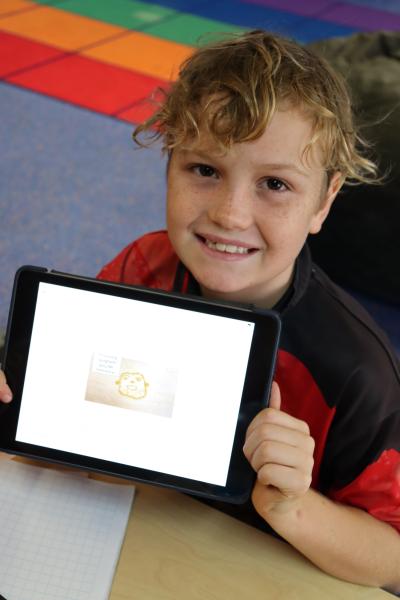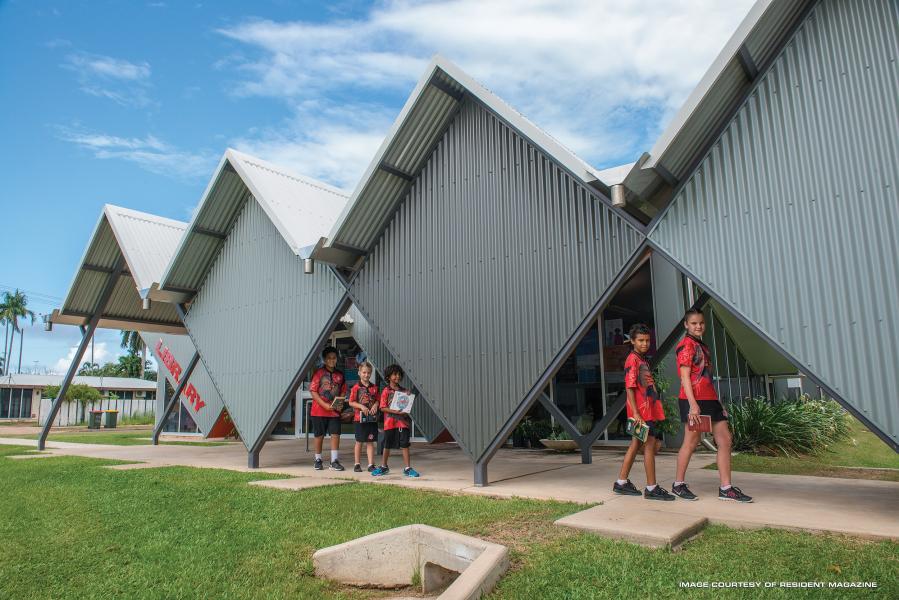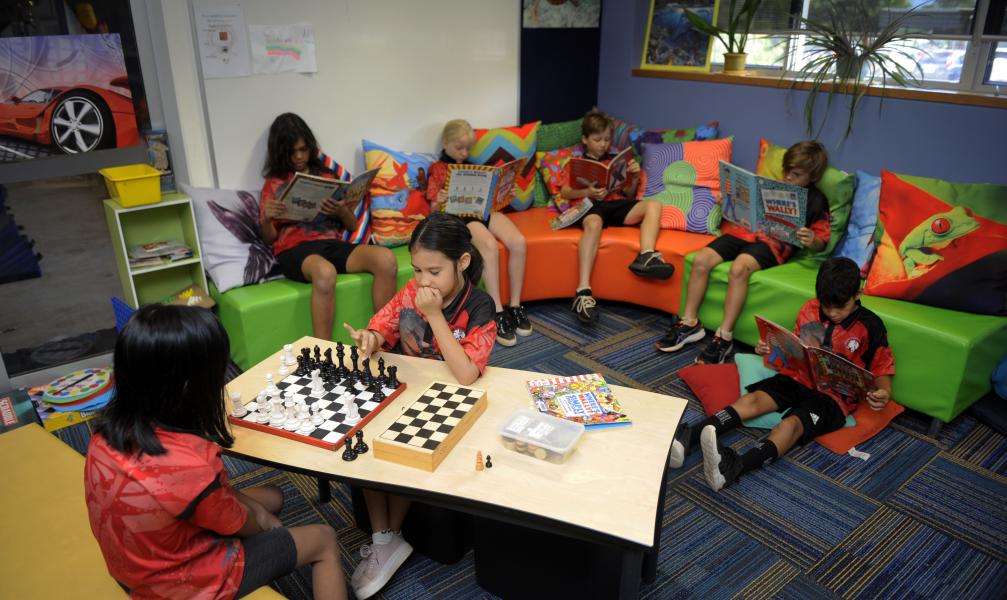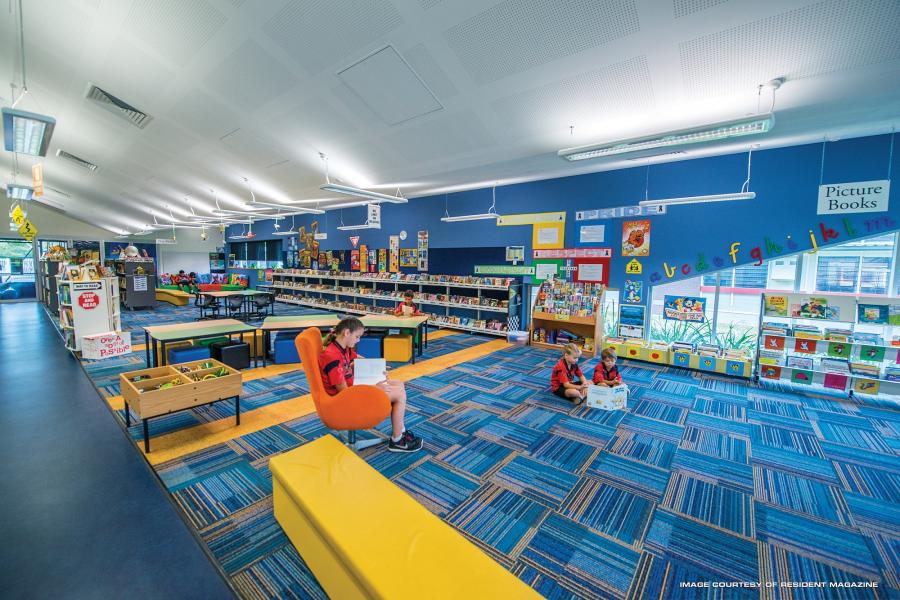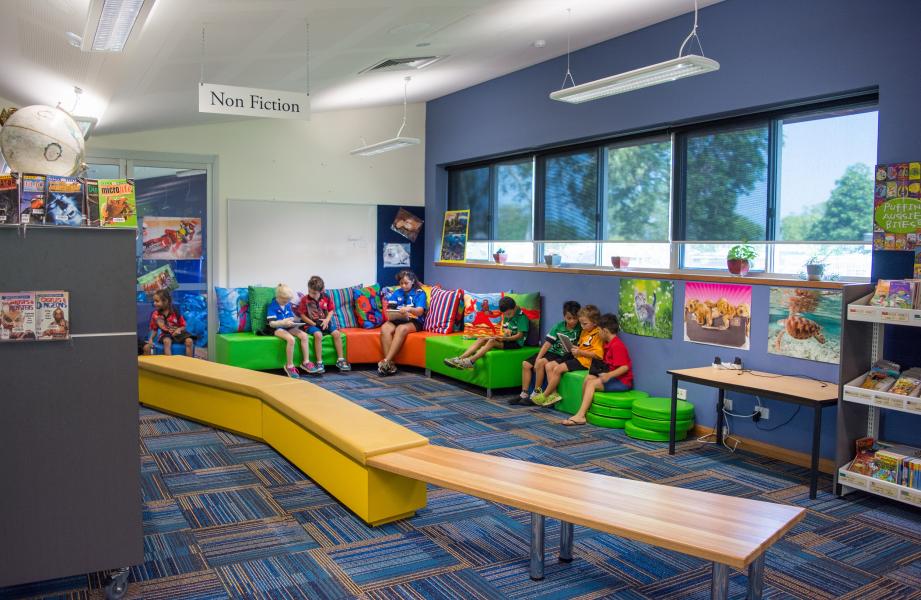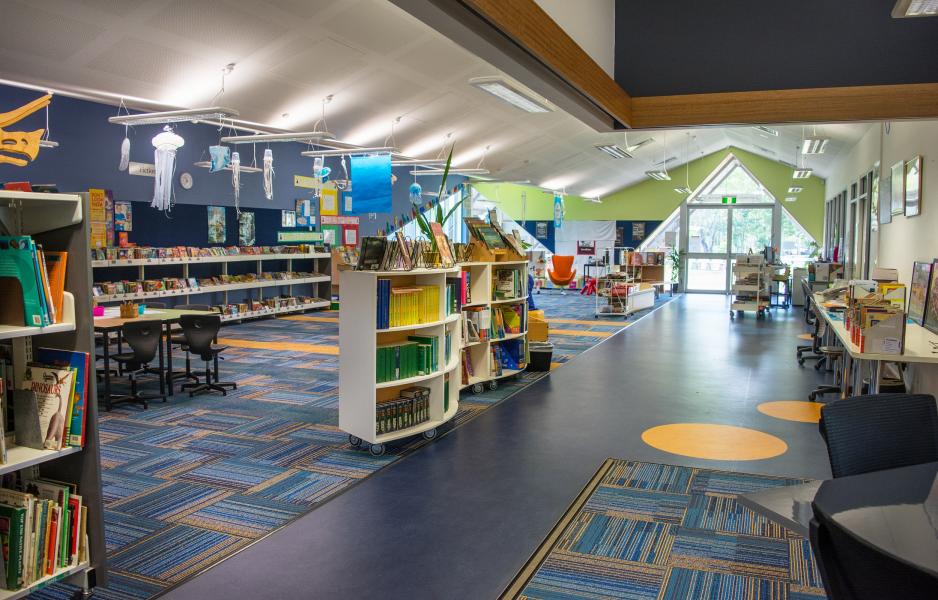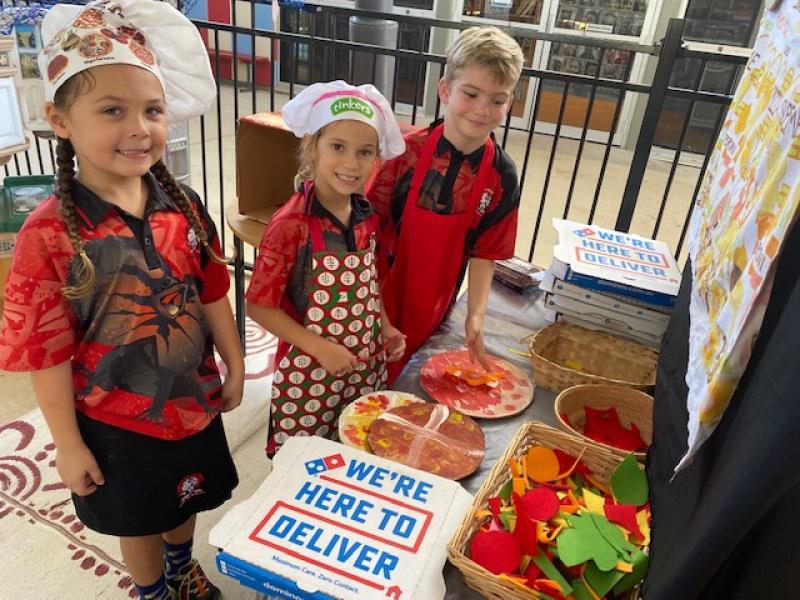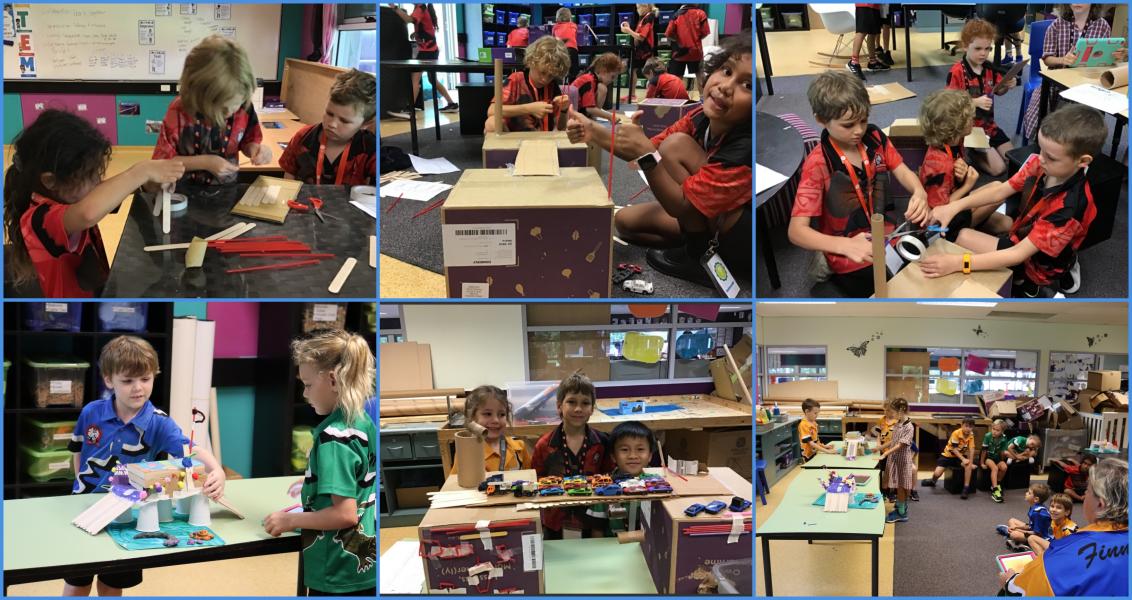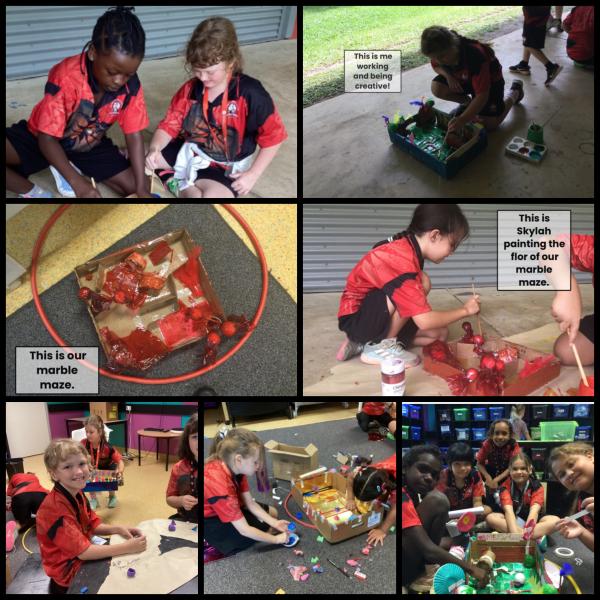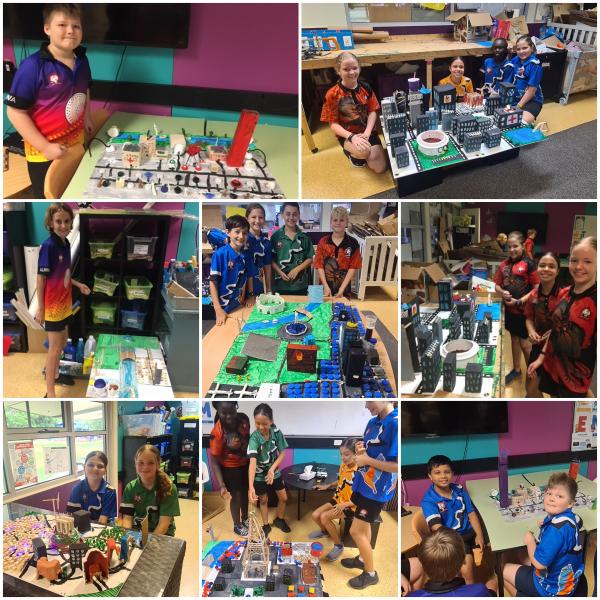Alawa Primary School’s focus is to cater for the whole child, encouraging students to reach their maximum potential in a positive, developmental learning environment.
Overview
Our school is divided into 2 sections
Early Years
Preschool, Transition and Year 1 & 2. This program recognises that young children come to us with varied but rich family experiences. Our strong emphasis on the development of the whole child builds upon the child’s existing skills with play-based learning. In their classrooms, the children enjoy learning. Working independently in small groups and using the Interactive Whiteboards and portable devices such as iPads, the children solve the challenges given to them. As the children move from Transition to Year 1 the more formal learning commences.
Primary Years
Years 3-6. Here the emphasis is on Higher Order Thinking, multi-intelligences and paying more attention to collaboration, flexibility and using ICT as an effective learning resource. The teaching units are integrated so that learning is more reflective of real life, and each student has the opportunity to explore their area of interest. Children have now developed learning skills and so are challenged to work independently, identify their current and future learning needs and begin to self-assess their performance.
Mathematics, writing and reading are a whole school priority. The children are divided into smaller developmental groups and are taught at their particular level.
Alawa’s Learning Hub supports students who have special needs. Our farm teacher co-ordinates the Sustainable Schools program.
Our staff members work collaboratively. They work in many teams, including collaborative classroom teaching and learning groups, to implement and develop our school’s vision.

